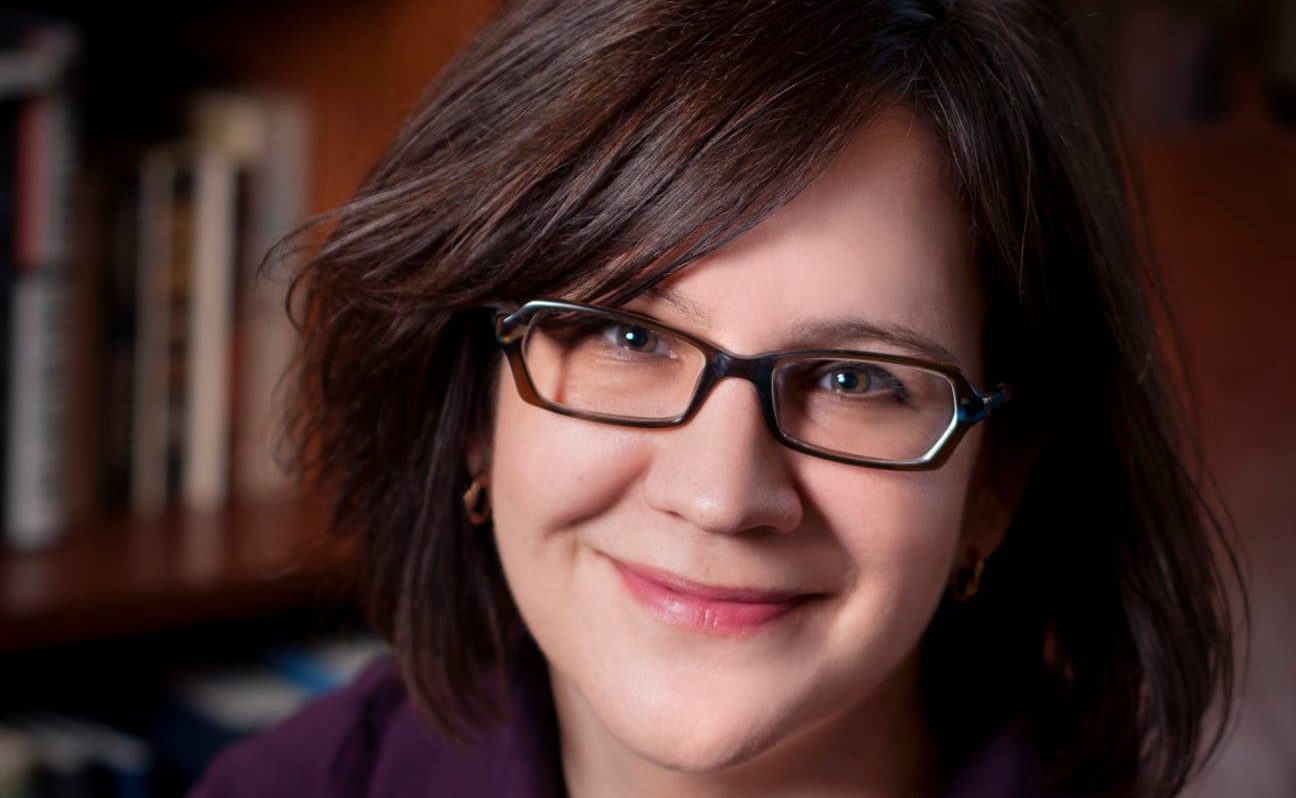The inspiration for Jennifer Robson’s newest novel, Our Darkest Night, all but fell into her lap while she was visiting her husband’s family in Italy a few years ago.
As her husband and his aunt chatted about the weather and the children, the talk turned to Robson’s work as a historian and her novel The Gown, which told the story of the seamstresses, including a Holocaust survivor, who made Queen Elizabeth II’s wedding dress. It was then that Robson heard the Italian word for Jews, Hebrei, and the phrase, “he hid them.”
“All of my spider senses as a historian went on full alert,” Robson, who lives in Toronto with her family, recalled in an interview. “I just remember sitting there with my jaw open.”
As her husband gently questioned his elderly aunt, Zia Maria, and translated the Italian dialect for Robson, the story came out in bits and pieces: Maria’s parents had taken in three Jewish families – so far as she could remember – during the Second World War, hiding them in an upstairs room that overlooked the stables. When German soldiers came, which they regularly did, the hidden family would escape to the stable roof, and the men in the family would hastily push a heavy wardrobe in front of the window to conceal it.
Robson was eager to learn more about the families who had been hidden, but Maria, who had been a young child during the war, couldn’t recall their names. Robson’s mother-in-law, who was older than Maria, had visited one of the hidden families after the war, but died before Robson ever learned about this part of her family’s history.
All Robson could uncover was that a village priest had taken it upon himself to contact trusted parishioners, who were sworn to secrecy, to hide Jewish refugees fleeing the Nazis. The priest, Father Oddo Stocco, was honoured in Israel as Righteous Among the Nations, but researchers at Yad Vashem were unable to provide more details, Robson said.
So instead, she took the stories of village life that she heard from her husband’s family and memoirs of Italian Holocaust survivors to craft a novel about a young Jewish woman fleeing Venice who finds safety, and ultimately love, on an isolated farm.
“I applied my historian’s approach but it felt very personal at times to tell the story,” Robson said. She decided early on to tell the story from the point of view of the Jewish woman, Antonina, who was hidden, rather than of the non-Jews who surrounded her.
This editorial decision meant that Robson, who is not Jewish, had to write from the vantage of a Jewish woman. Initially, she wasn’t sure she could tackle that, and discussed it with her editor, who is Jewish, before starting.
“I knew if I did write from Antonina’s point of view, I absolutely had to get it right. I could not skimp on the research, I could not skimp on having the work vetted and listening to my early readers,” she said. “I had to know that I was coming at it not just intellectually in the right direction, but that my heart was in the right place and that I was telling as true a story as I could, bearing in mind that it’s fictional.”
Robson said her approach was not to fictionalize the true story of a Holocaust survivor, but rather to insert one more, albeit fictional character, into the history.
Her research, for instance, showed that a train filled with Italian Jews left the region where the novel is set in October 1944, headed for the Birkenau death camp. The Germans, desperate for labour at that point, shunted the prisoners to work camps rather than sending them immediately to their deaths.
“The Germans kept these records,” Robson noted. “You can see everything that happened to those people on that train. I just added one fictional person to that train.”
Jennifer Robson’s novel Our Darkest Night will be released Jan. 5, 2021. Her novel The Gown won the Canadian Jewish Literary Award for fiction in 2019.
